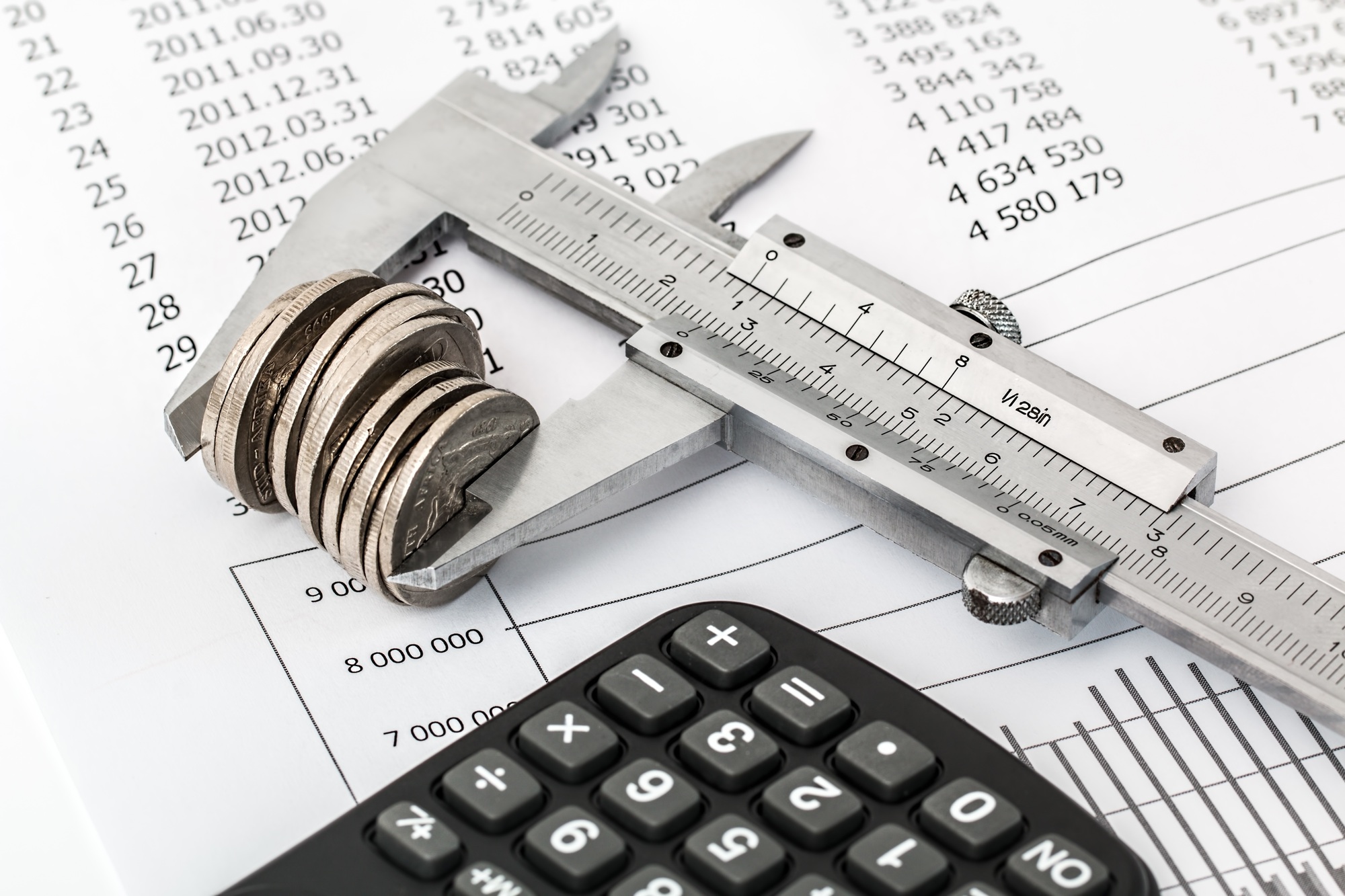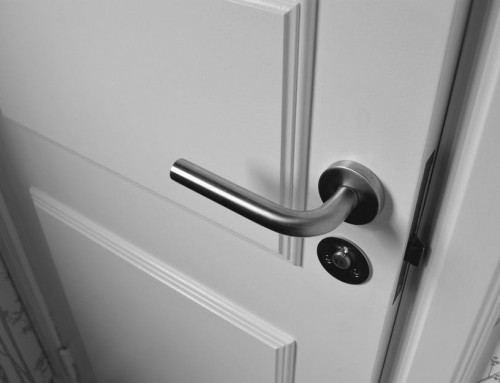Americans, as a whole, carry $13 trillion worth of debt. When broken down by household and age bracket, Americans under 35 owe an average of $67,400.
Now that’s a lot of debt.
Keeping up with the latest styles and lifestyle trends can be expensive, but there is a way out. Debt consolidation can help you get ahead of your debt and move towards financial freedom.
Wondering is debt consolidation a good idea? Read on to learn the pros and cons you should be aware of.
What Is Debt Consolidation?
Debt consolidation is the process of combining several lines of credit into one. It’s most commonly used for credit card debt and smaller loans.
This is an option for people who are overwhelmed with debt and need some help to get back on their feet. Are you asking yourself, “should I consolidate my debt?” Learn about the different types of debt consolidation first.
Secured Debt Consolidation
Secured debt consolidation is the act of taking out a new loan based on your current assets. This includes a home equity line of credit, a second mortgage, or using your 401K as collateral.
The good news? You can secure a much lower interest rate when using your assets. The bad news? If you fall behind on payments, your lender could take possession of your asset.
Unsecured Debt Consolidation
Unsecured loans are self-explanatory. You offer up no assets in exchange for the loan. Instead, the lender looks at your financial history and credit score to determine if you qualify and the terms of your potential loan.
The good news? Unsecured loans can’t result in you losing your assets. The bad news? They are much harder to get because you need a great credit score and financial history.
Credits cards with introductory low-interest rates are an alternative unsecured debt consolidation method.
If you can score a new credit card with a low-interest rate and a high balance, use it to pay off your smaller loans. Just make sure you can pay it off in full before the interest rate kicks in.
Is Debt Consolidation a Good Idea? The Pros:
Debt consolidation can be a good idea if you are struggling to make ends meets and often miss payments. Read more now about the relief that debt consolidation can offer.
1. Simplified Payments
When you have multiple credit cards and various loans, it’s hard to keep track of when everything is due. It’s way too easy to forget about a smaller payment one month and suffer the consequences with a late charge and a drop in your credit score.
But when you consolidate debt, you only have one payment each month. This means you’re less likely to forget it each month. Not only is it easier, but it will also save you a lot of time and hassle.
2. Lower Monthly Payments
Debt consolidation combines all your debt with a new repayment plan. This plan often extends your repayment period, making your payments easier to manage. So you’ll pay a smaller amount each month.
If you can handle it, you should try to pay more than just the minimum payment required to reduce your total interest amount over the life of the loan.
3. Better Interest Rates
Speaking of interest, all your debts probably come with ranging interest rates. Add odds are, some of them are high-interest rates above 10 percent.
If that’s true, you can save a lot of money by consolidating for a lower interest rate. You’ll get an even lower interest rate if you use a secured consolidation.
Is Debt Consolidation a Bad Idea? The Cons:
If you can keep up with your payments each month and have a handle on your financial situation, debt consolidation may be a bad idea. The ease of a simplified payment may not outweigh the cons of consolidating debt.
1. Can Cost More
Depending on your total credit history, you may need some help finding a lender to consolidate your debt. And oftentimes, these lenders are helpful because they charge you consolidation fees.
You may find yourself paying these fees, along with origination fees or closing costs. These hidden fees can easily outweigh any benefits of consolidating your debt.
2. Longer Repayment Period
Counting down the days until you are debt free? Well then forget about debt consolidation.
Just like refinancing a loan, debt consolidation gives you a whole new repayment plan with a new repayment period. So, if you’ve been paying on your five-year loan for three years, you could be looking at another five years of payments after consolidating.
3. Not a Cure-All Solution
Debt consolidation isn’t a magic wand that makes all your financial problems disappear. It can be helpful, but only if you use it wisely.
A lot of people see debt consolidation as a small light at the end of the tunnel and don’t change their financial habits. So unless you plan on overhauling your finances and spending habits, don’t consider debt consolidation.
If you consolidate and turn back to your old ways of missing payments, you’ll find yourself in an even worse situation than when you began.
More Financial Help
Still asking “is debt consolidation a good idea?” Sadly, there’s no concrete yes or no answer. The best decision for you depends on your specific situation and circumstances.
If you have a lot of debt with high-interest rates, the right answer for you may be debt consolidation. If you have debt with average interest rates, debt consolidation could mean you end up paying more during a longer period of time.
Need more financial help? Check out this article for five creative ways for women to earn cash or this article for saving money without giving up your dream lifestyle.











